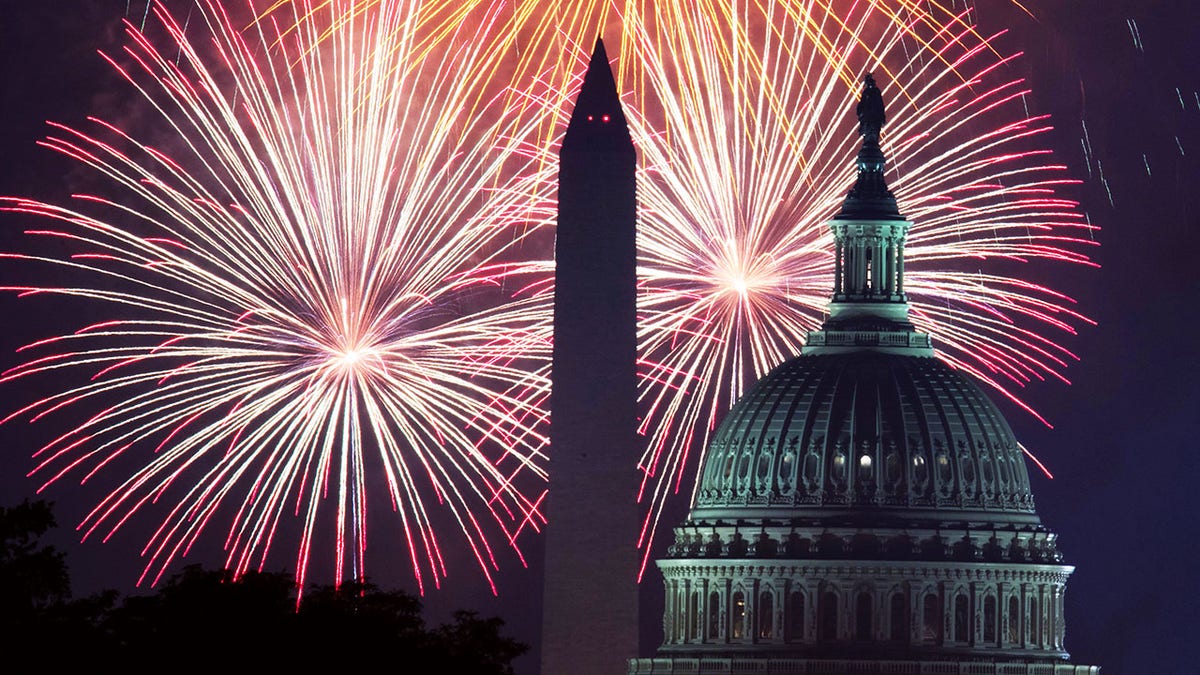Juneteenth, a holiday commemorating the end of slavery in the United States, often sparks debate. Established as a federal holiday in 2021, it signifies the day in 1865 when Union soldiers announced the emancipation of enslaved people in Galveston, Texas, effectively marking the end of the Civil War's impact on slavery nationwide. While some express concerns about its place in contemporary society, Juneteenth embodies a reaffirmation of America's core principles.
For many, this holiday represents an extension of the Fourth of July, a celebration of freedom and the pursuit of happiness. Juneteenth underscores the nation's capacity for self-correction and its commitment to rectifying historical injustices. It serves as a testament to the resilience and contributions of those who were once enslaved, highlighting their role in healing and strengthening the nation.

The story of Opal Lee, often called the "grandmother of Juneteenth," exemplifies the spirit of this holiday. Having experienced the horrors of racism firsthand, Lee dedicated her life to advocating for Juneteenth's recognition as a federal holiday. Her unwavering belief in America's potential for unity and justice underscores the holiday's message of hope and reconciliation.

Juneteenth offers an opportunity to reflect on the strength of America's founding principles and the system of government established by the nation's founders. It demonstrates the potential for overcoming even the most deeply rooted societal challenges. By embracing Juneteenth, Americans can foster cultural cohesion and reaffirm their commitment to freedom, equality, and justice for all.
This holiday is not about division; it is about building upon the existing foundation of American ideals. It's a time to celebrate the nation's progress and to work towards a future where unity and understanding prevail. Juneteenth serves as a powerful reminder of the importance of upholding the principles upon which the United States was founded.








